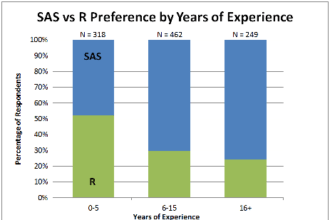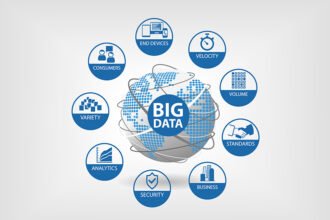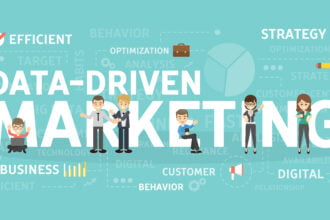Think of technological progress for a minute. Super computers, cloud computing, high speed networks, and advanced algorithms probably come to mind. But when crisis hits, it may surprise you how leading-edge machines, applications and networks are cast off for good old fashioned technologies like the telephone. If people revert “back to basics” in times of crisis—and assuming volatility is the “new normal”—what are the implications for technology adoption and specifically analytics?
Think of technological progress for a minute. Super computers, cloud computing, high speed networks, and advanced algorithms probably come to mind. But when crisis hits, it may surprise you how leading-edge machines, applications and networks are cast off for good old fashioned technologies like the telephone. If people revert “back to basics” in times of crisis—and assuming volatility is the “new normal”—what are the implications for technology adoption and specifically analytics?
Since the year 2000, global markets have dealt with Y2K, tech bubble (2001), subprime loan crisis (2008), and the global debt crisis (2010). That’s four crises in ten years, and it’s doubtful the world economy is out of the woods quite yet. However, something interesting happens in crisis when fear, turmoil and panic reign. All this new fangled technology gets dropped like a hot potato in favor of old and trusted communication mechanisms.
For example, in the August 12, 2011 edition of the Financial Times, writer Gillian Tett relays a story of stock traders going back to basics during the bankruptcy of Lehman Brothers. On that fateful day September 15, 2008, Tett writes; “Suddenly traders started placing orders by telephone rather than computer, (and) dealing only with people they knew personally. They were also refusing to take long term decisions…mostly the reaction was instinctive.”
In another example of leading edge technologies abandoned when panic hits, see what happened in markets dominated by high frequency traders. During “normal” times, high frequency traders use super computers to trade equities in narrow bands, sometimes making a mere penny per trade. To make money then, high frequency traders need markets to function rationally and efficiently. However, during times of panic, there is evidence that high frequency traders desert the market in droves, causing stock prices to drop precipitously. In essence, these companies withdraw their algorithms and super computers to live and fight another day.
In “Mean Markets and Lizard Brains” author Terry Burnham says that in chaotic environments, humans rely less on our prefrontal cortex (which provides analytic power) and more on our basal ganglia (lizard brain) which focuses on instinctual behaviors (flight, fight, protection etc). This may explain Gillian Tett’s observations that during the financial crisis of 2008, brokers discarded high powered trading terminals and super computers for phones and traded only with people they knew.
Today’s blogs, articles, whitepapers and more are dominated with topics such as “Big Data”, “Cloud Computing”, and “Business Analytics”, just to name a few. And to be sure, under normal and rational business conditions, these technologies can provide significant benefit.
But what happens when markets spin out of control and everyone activates their impetuous lizard brain? Will individuals have enough composure, courage and prescience to understand these are the times to press for advantage? Or will the lizard brain dominate, leaving advanced projects by the wayside in favor of a back to basics approach?










